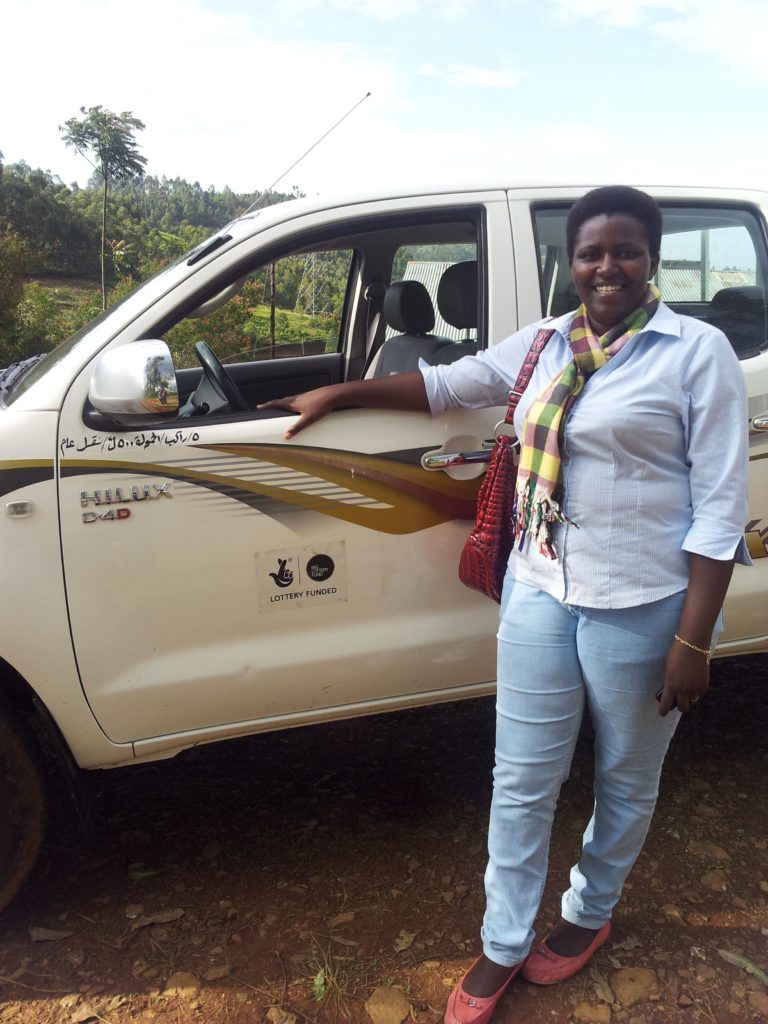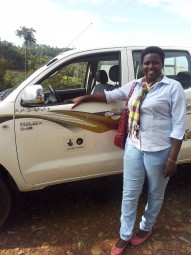
Since its inception in December 2012, the Genocide Widows Empowerment Project (GWEP) has reached over 2,436 individuals, operating in five districts (Karongi, Rutsiru, Ngororero, Nyabihu, and Rubavu) in the Western province of Rwanda that previously did not have access to support. By developing viable livelihoods, addressing issues of legal rights, and accessing mental health care services, GWEP is reducing the extreme poverty of widows and empowering them to integrate into Rwandan society. The project is funded by the Big Lottery Fund in order to transform the lives of widowed survivors in the Western Province of Rwanda in partnership with AVEGA Agahozo.

Built on a foundation of livelihood development, GWEP is fostering self-reliance in genocide widows through the establishment of marketable micro-businesses. Throughout the first year of the project, 864 individuals have been formed into 63 income generating activity (IGA) groups, 444 of which have completed livelihood development training.
The groups have developed a culture of saving, and are establishing businesses that will provide them with income that can sustain themselves after the project completion. Together they have amassed Rwf 4,391,210 (£4,391) in savings to access loans equivalent to 19,675,000 RWF (£19,675) from Banque Populaire du Rwanda (BPR), a national bank managing the loan guarantee fund. Already those that have accessed loans are earning above the national poverty line of Rwf 250 (25p) a day.
As one member of the “Twitezimbere” or “Let Us Develop Together” group stated, “Something has changed. Before we were doing business but we were doing it badly…Knowing we have to save is helping to open our minds, and has changed the way we do business.”
In addition, GWEP has successfully documented over 463 legal cases regarding gacaca compensation, as well as for land and property disputes, while also sensitizing 586 widows on their legal rights. By gaining access to trauma counselling and social support from group members, widows that were once isolated and housebound are now receiving support to help address their trauma, and many exclaim that they have renewed hope for the future. As Natalie Mukazayire in the Rubavu district exclaimed, “Now that I have something to do with my time, I know the future will be better.”
In its first year, GWEP achieved almost every milestone planned for the project in Year One, and will continue to have a transformative effect on the lives of vulnerable widows and their dependents.
